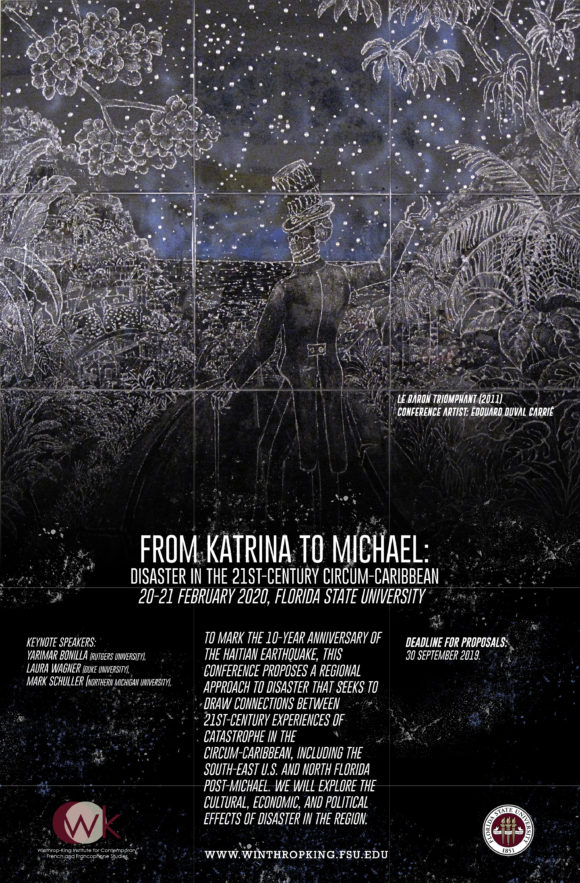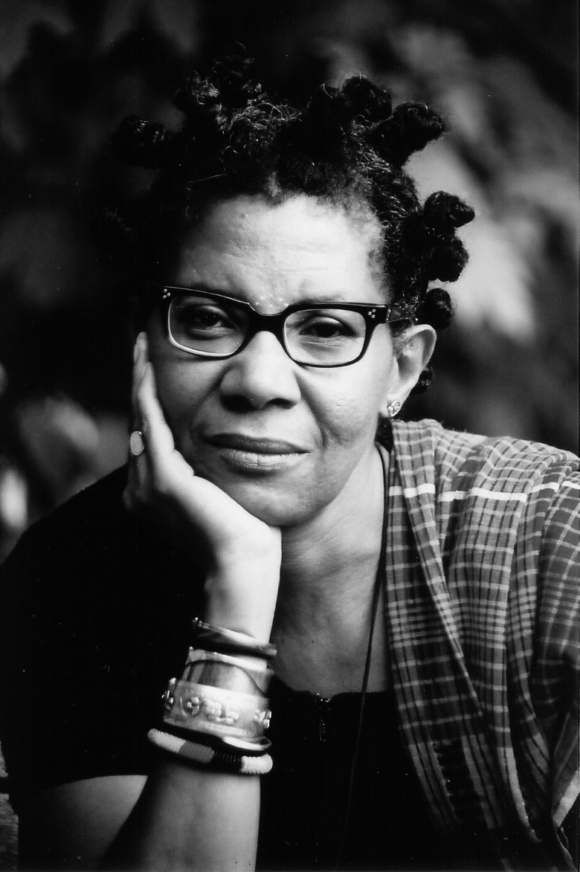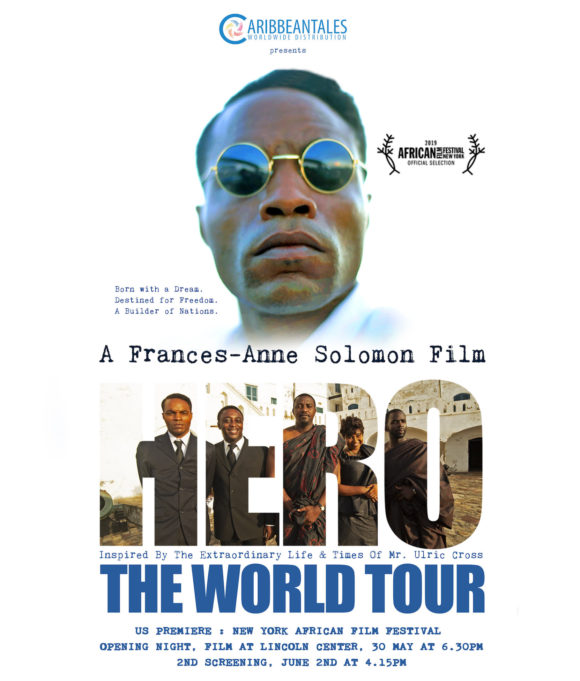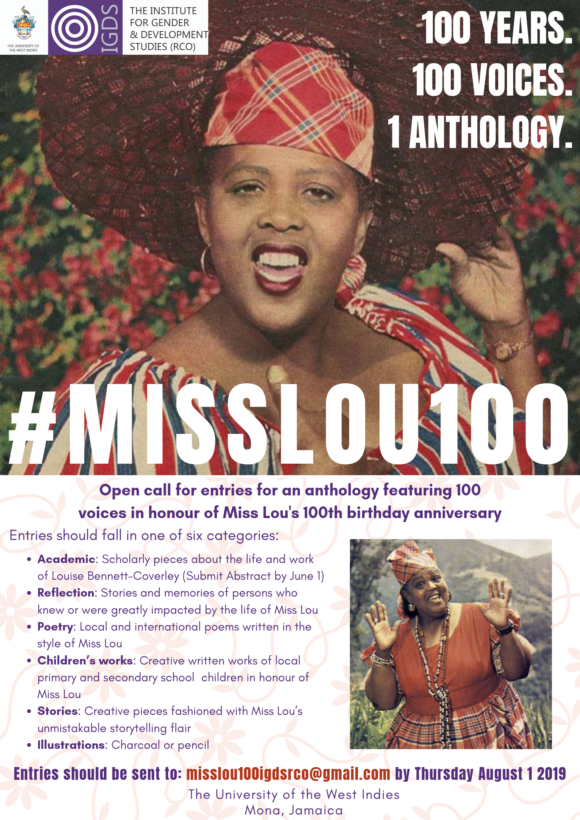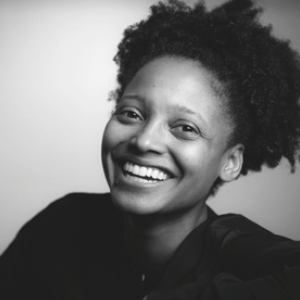Fall/Winter 2019 Issue
Theme: “Life at a Crossroads”
CFP Deadline: 19 July 2019
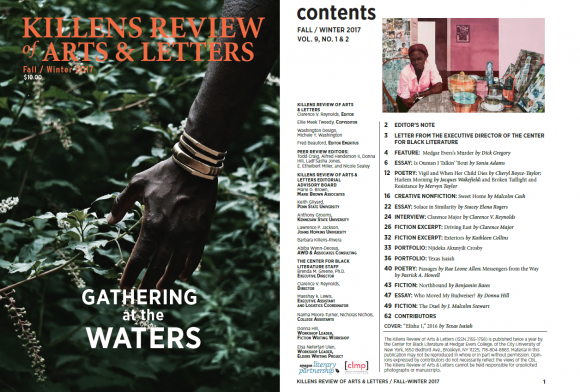
Overview of the Journal:
For the Fall 2019 issue of the Killens Review of Arts & Letters, we seek submissions of creative nonfiction, fiction, essays, interviews, book reviews, poetry, memoir, photography, and visual artwork by writers and artists of the African diaspora that mediate on facing a challenging decision or a life-changing moment that has made an impact on future generations or contributed to the legacy of the Black experience throughout the African diaspora.
THEME DESCRIPTION: “Life at a Crossroads”
In the 1941 book 12 Million Black Voices: A Folk History of the Negro in the United States, a combination of text and photographs that present a commentary on the hardships and aspirations of Blacks in America in the early 1900s, writer Richard Wright ends his prose with: “We are with the new tide. We stand at the crossroads. We watch each new procession. The hot wires carry urgent appeals. Print compels us. Voices are speaking. Men are moving! And we shall be with them.”
Since the publication of 12 Million Black Voices more than 74 years ago, there have been cultural, socioeconomic, and sociopolitical changes in America that have had a dramatic impact on the perspectives, beliefs, and livelihoods of people of the Black community. They have also left an indelible mark on American and world culture. Today, people of the Africa diaspora still stand at a crossroads, a time in which significant change and decision making are crucial to making a contribution to future generations and leaving a legacy to Black culture.
Please submit to only one category at a time:
essay, fiction, interview, poetry, prose, and art.
We aim to respond to your submission within two months time.
Submission Guidelines Continue reading Killens Review of Arts & Letters
